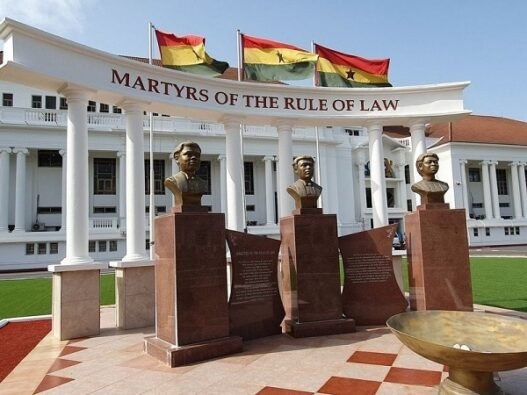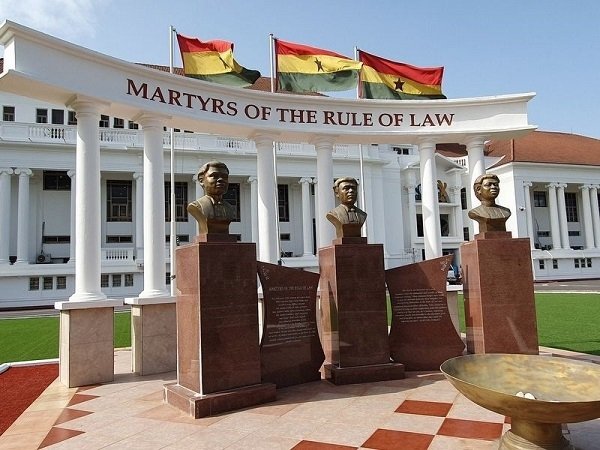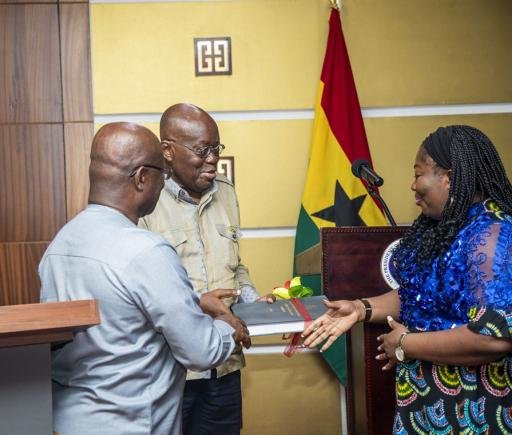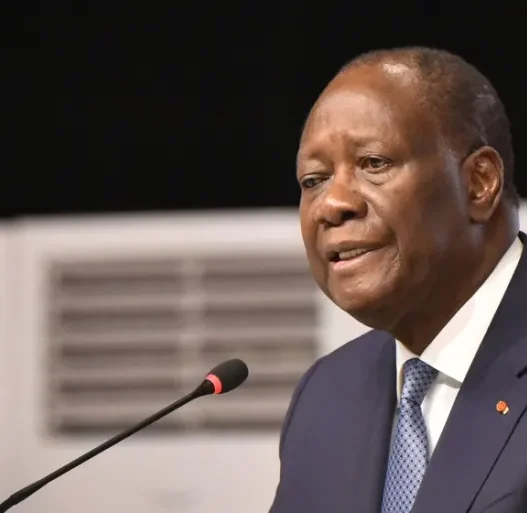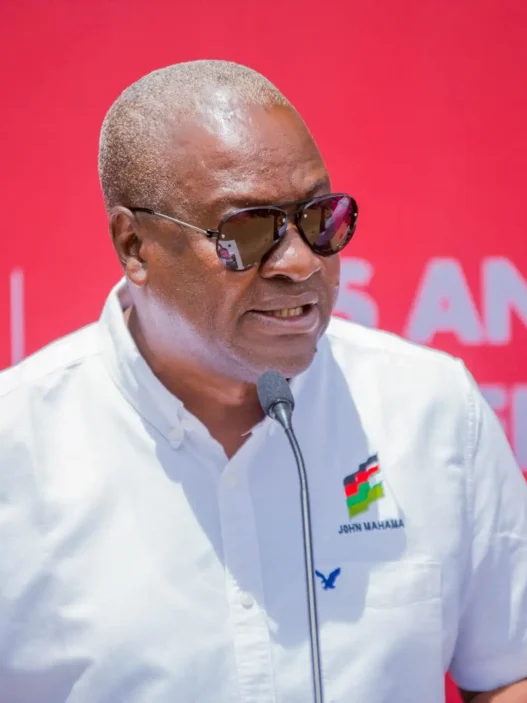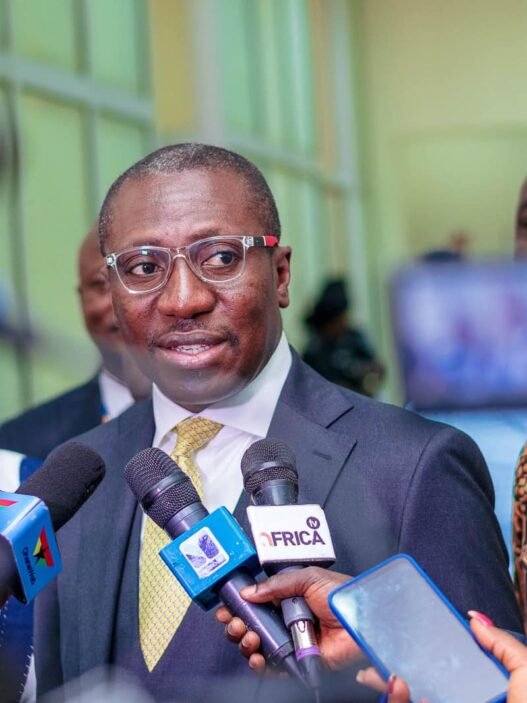All eyes are on the Accra High Court today as it re-hears the high-profile case concerning disputed parliamentary election results. This comes after the Supreme Court quashed the High Court’s earlier decision, which had ordered a re-collation and declaration of results in the affected constituencies.
The case, initiated by the New Patriotic Party (NPP) via a mandamus application, seeks to compel the Electoral Commission (EC) to nullify results declared under alleged duress. The National Democratic Congress (NDC), which has joined the case as an interested party, is challenging the application and the NPP’s interpretation of the law.
This re-hearing follows the Supreme Court’s directive, adding another layer of legal scrutiny to an already contentious matter. The outcome will have significant implications for Ghana’s democracy, the role of the EC, and the balance of power in Parliament.
Core Legal Issues at Stake
1. The NPP’s Mandamus Application
The NPP contends that returning officers in disputed constituencies declared results under duress, rendering the outcomes invalid. The party argues that the EC must nullify these results and order a re-collation or fresh elections.
Key Arguments by the NPP:
- Allegations of Coercion: Returning officers were allegedly forced to declare results that did not reflect the electorate’s will.
- Role of the EC: The NPP asserts that the EC is responsible for rectifying such irregularities to uphold electoral integrity.
Despite these arguments, the NPP has faced criticism for failing to present sufficient evidence of duress.
2. The NDC’s Objection to the Mandamus
The NDC has consistently opposed the NPP’s application, arguing that it undermines the legal framework governing election disputes.
Key Arguments by the NDC:
- Finality of Declarations: Under Article 49(2) of the 1992 Constitution and Regulation 43 of C.I. 127, returning officers’ declarations are final unless overturned by an election petition in court.
- Improper Use of Mandamus: The NDC contends that a mandamus application cannot annul results, as the appropriate legal route is through an election petition.
- Inconsistent EC Stance: The NDC has criticized the EC for adopting a position that contradicts its 2020 stance, where it upheld returning officers’ declarations and directed aggrieved parties to court.
3. Supreme Court Intervention
The Supreme Court recently quashed the High Court’s earlier decision ordering a re-collation and declaration. The apex court ruled that the High Court had overstepped its jurisdiction and directed a re-hearing of the case.
This ruling has intensified public interest, with both parties keenly awaiting the High Court’s decision in light of the Supreme Court’s guidance.
Post-Court Developments
The re-hearing follows heightened tensions, with both parties doubling down on their positions.
After the initial adjournment, outgoing Majority Leader Hon. Afenyo Markin emphasized the NPP’s commitment to pursuing the case, citing provisions in C.I. 127 that support the party’s stance. This was met with chants and songs from NPP supporters outside the court.
Meanwhile, the NDC, led by Deputy Director of Elections and IT Tanko Rashid-Computer, accused the NPP of employing “ambush tactics” to pressure the EC:
“They [NPP] are using ambush tactics, back door window to force the arms of the EC to do their bidding.”
NPP Director of Elections Evans Nimako countered, stating:
“We think that we’ve won, and the NDC has to stop the thuggery and come to court of law for us to adjudicate. So we’ll go through it and know that we’re in the hands of the law.”
Implications of the Case
For the Electoral Commission
- Legal Precedent: The case will clarify the EC’s authority in addressing disputes involving returning officers’ declarations.
- Credibility: The EC’s impartiality and consistency are under scrutiny, with the public closely watching its actions.
For Political Parties
- NPP: A favorable ruling could lead to re-collations or fresh elections, potentially shifting parliamentary dynamics.
- NDC: A victory would reinforce the principle of finality in returning officers’ declarations and limit the EC’s discretion to revisit results.
For the Judiciary
The case is a defining moment for Ghana’s judiciary, offering an opportunity to assert its role as the ultimate arbiter in electoral disputes and reinforce the principles of constitutionalism and the rule of law.
Conclusion: A Critical Test for Electoral Integrity
The High Court’s ruling on this re-hearing will have far-reaching implications for Ghana’s electoral framework and democratic institutions. At stake are key principles such as the finality of election results, the EC’s independence, and the judiciary’s authority in resolving disputes.
This case underscores the need for clear legal guidelines and robust institutional frameworks to prevent similar disputes in the future. Whatever the outcome, the decision will shape Ghana’s democratic landscape for years to come.









